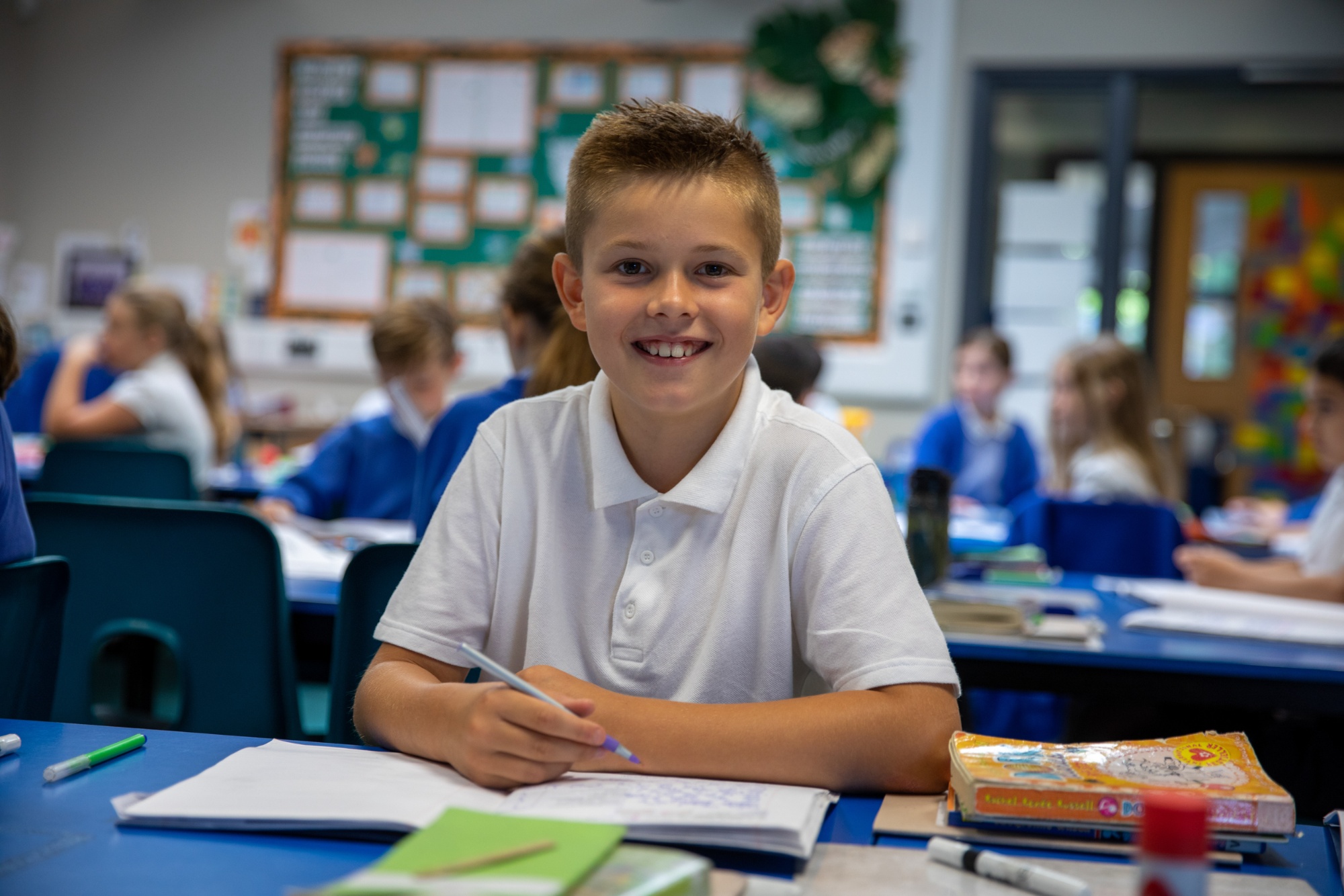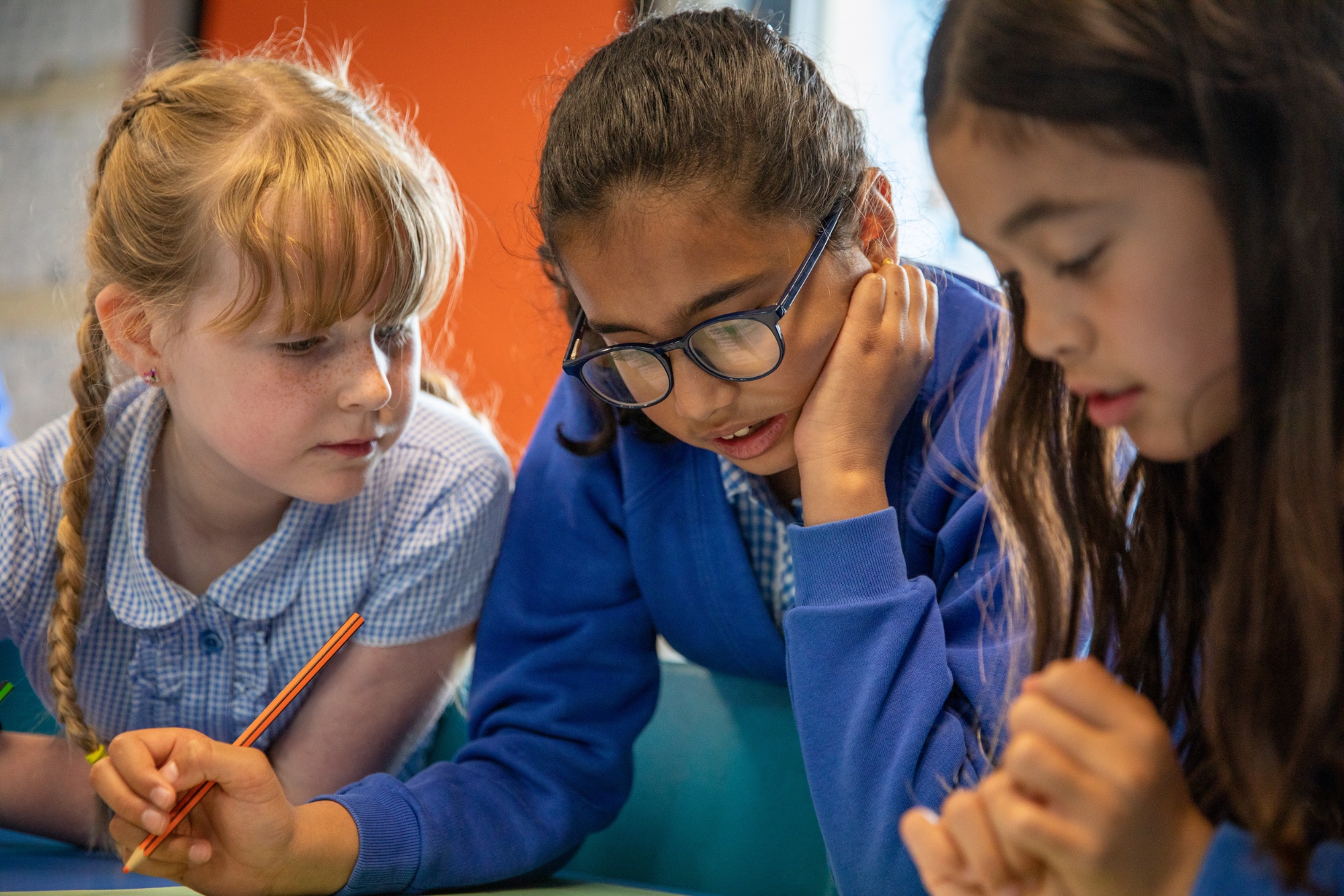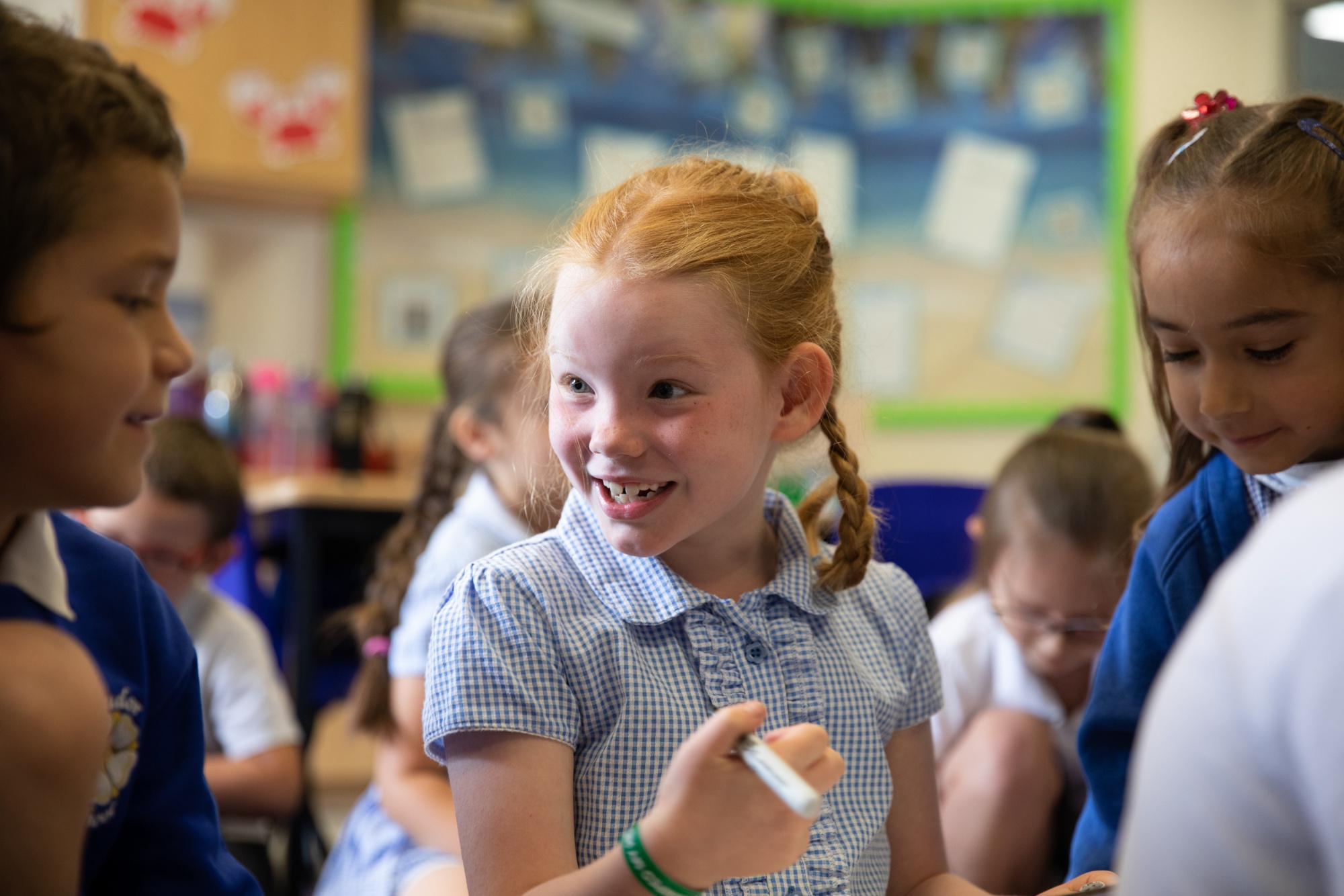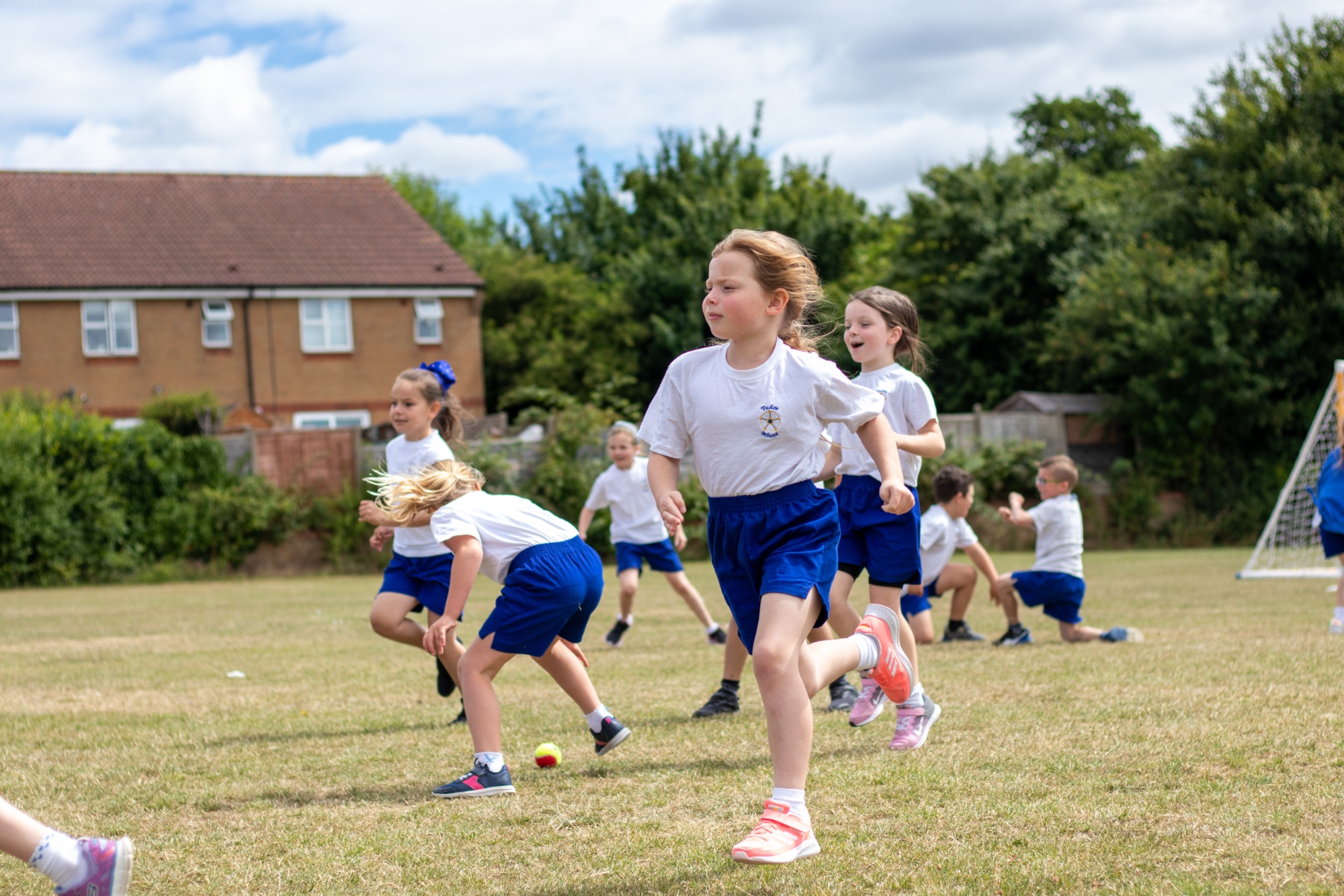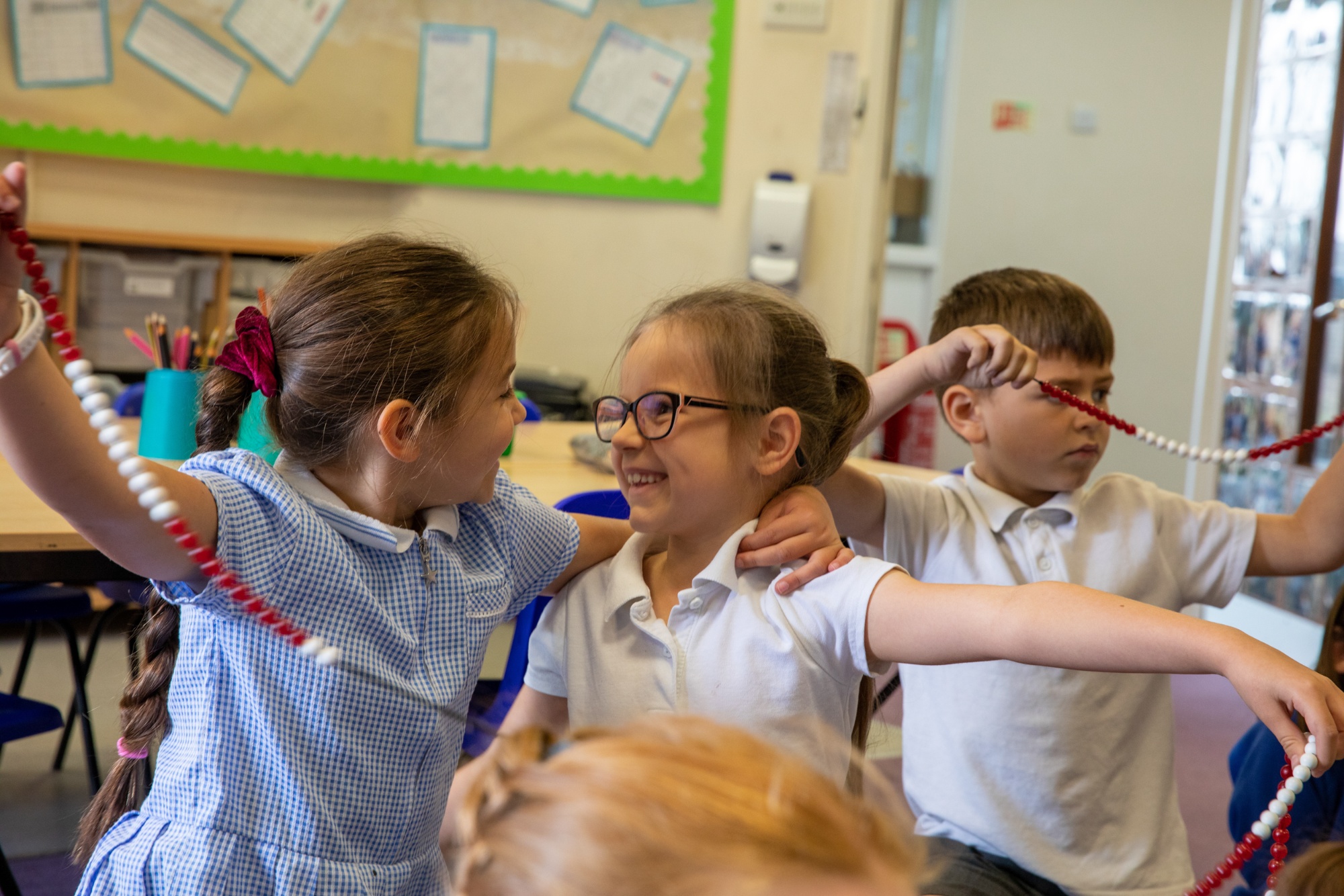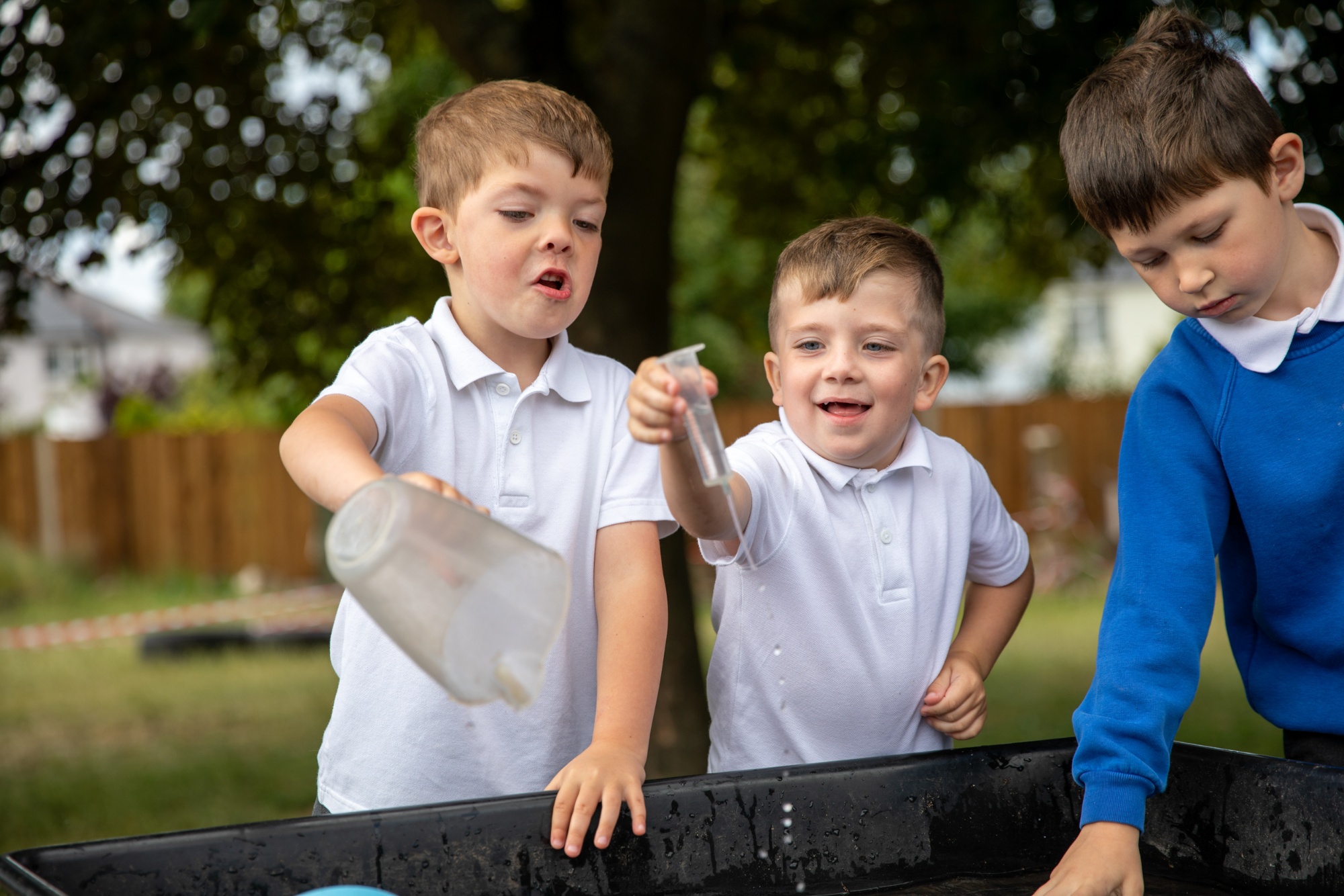Meaningful Reading- The Tudor approach to the teaching of reading
We are very proud of how we ensure all children are provided with high quality reading opportunities.
'The school promotes a love of reading. Pupils read widely and often. Year 2 parents enjoy a weekly early-morning reading session with their children in school. Older pupils talk enthusiastically about their favourite books and authors.' (Ofsted, December 2022)
Our 'Tudor approach' has been formulated from in-depth research. A document that shares our practice titled 'Meaningful Reading- Our approach to the teaching of reading' is available at the bottom of this page.
Learning to Read at Tudor Primary School
‘The best primary schools teach virtually all their children to read, regardless of their social and economic background, ethnicity, language spoken at home, special needs and disability.’
OFSTED – Reading by Six
In our school, there is a determination that every child will learn to read, initially with a step by step approach to teaching reading, writing and spelling systematically through phonics. Teachers and other adults receive regular training and the teaching of reading is at the heart of the curriculum. As the children progress through the school, the emphasis will change from ‘Learning to Read’ to ‘Reading to Learn’ and their daily reading experiences will be a key driver in their ongoing development.
Early reading skills are consistently and rigorously taught. In Foundation Stage and Key Stage 1 planned daily phonics teaches children the complex connections between sounds and letters which is essential when learning to read and spell. The best phonics teaching involves active participation by all children, detailed tracking of their progress and swift intervention for any children who are struggling. Structure, fast pace, praise and reinforcement are all key features of phonics sessions. Timely, frequent and on-going assessment of pupils helps to ‘nip difficulties in the bud’ and enables teachers to meet each individual’s needs.
Research has shown that the critical age when children learn to be good readers and writers is between three and seven. We are consistent in giving children rich cross-curricular opportunities to talk, listen and build as wide a vocabulary as possible to form the solid foundations for reading, writing and spelling.
Once such skills are embedded, children will require opportunities to build their independence as well as access a wide range of reading experiences in which they can utilise their increasing understanding of texts and reading skills.
Making a difference:
'Children learn early reading skills as soon as they start school. Teachers deliver the school’s chosen phonics programme with consistency. Pupils learn new sounds well and practise with books that match their phonics level. Those who need extra help with reading get carefully targeted support.' (Ofsted, December 2022)
The teaching staff are also receiving training about the provision of high quality reading in their classes. The school has also accessed specialist support to help us to further build upon the recent progress in phonics. We will keep you updated about the impact of this.
Other strategies that are clearly making a difference include the year 2 reading drive. The classes are opened early to allow children and adults to share the enjoyment of reading every day. Feedback has been overwhelmingly positive.
'I love the reading in the mornings. He's moving up in his book levels and the opportunity to read every day in the morning together in school is the best idea ever... it is brilliant!'
Please keep an eye on this section of the website- we continue to share helpful documents and teaching tips that will support you and your children with their reading at home.
A word document with the key question types can be downloaded using the link below.

